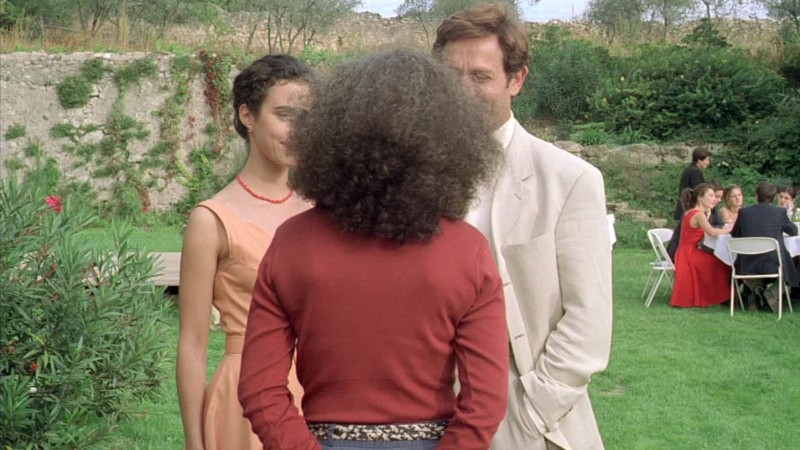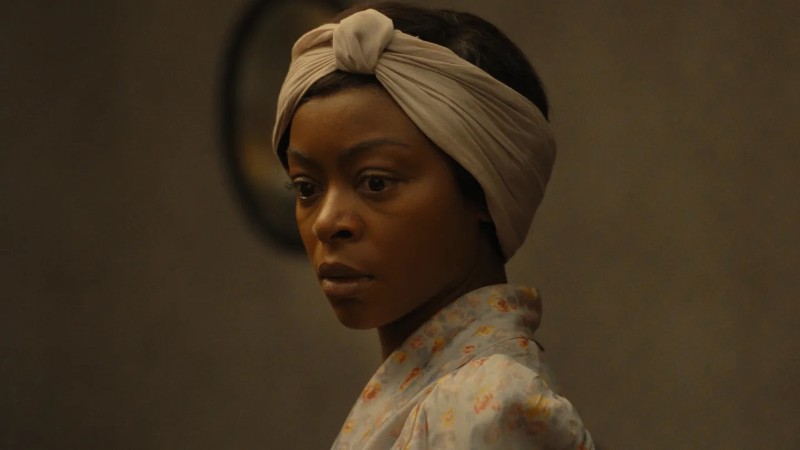“Cinema Is a Two-Way Phenomenon”

After presenting the lineup for this year’s Cannes Film Festival on Thursday, artistic director Thierry Frémaux gave his usual round of interviews. Talking to Deadline’s Melanie Goodfellow, he mentioned that he and his team are putting together a tribute to the late Jean-Luc Godard. “That will be one of our future announcements,” he said. “We’re still reflecting on the details.”
- Ernst Lubitsch’s The Shop Around the Corner (1940) is “about finding the perfection in imperfection.” Luke McKernan will explain exactly what he means by that, but first, he tells us that, for him, this romantic comedy cowritten by Samson Raphaelson and Ben Hecht and starring Margaret Sullavan, James Stewart, and Frank Morgan is one of those “touchstone films,” an “old friend met once every few years, yet without whom you would not know where you are. You know every scene, every word is familiar to you, but you must see it again. It is not so much that the film matters to you but that you matter to the film. It needs you and your type to understand it best. Cinema is a two-way phenomenon.”
- The Film Stage has posted an impressive run of interviews this week. Daniel Eagan talks with Ryusuke Hamaguchi, whose second feature, Passion (2008), begins its first theatrical run in the U.S. today in New York and Los Angeles, and Jordan Raup discusses Human Flowers of Flesh, which also opens today, with Helena Wittmann. The coup, though, is Nick Newman’s conversation with Rob Tregenza, whose rarely screened films are playing at MoMA through the weekend. Tregenza’s work has been championed by Richard Brody,Dave Kehr,Jonathan Rosenbaum, and most crucially, Jean-Luc Godard, who produced Tregenza’s third feature, Inside/Out (1997). “He was one of the kindest people I’ve ever met but one of the most mercurial,” Tregenza tells Newman. “He was his films.”
- At the Overlook Film Festival a couple of weeks ago, Jim Jarmusch mentioned that he’s preparing to shoot his next feature, “a funny and sad film,” later this year. This is probably not the short he’ll be making for Saint Laurent. Vikram Murthi has written a Notebook Primer on Jarmusch, noting that he “gets tagged as a ‘minimalist’ filmmaker even though his films, while frequently devoid of conventional dramatic action, aren’t especially sparse or minute in scope . . . However, the cliché that actually does apply to Jarmusch is one he has tacitly endorsed: he adopts the eye of a keen foreigner while chronicling his home country.” Jarmusch “approaches America as an irreducible phenomenon from multiple vantage points—sometimes with distance, sometimes with wonder, always eager to absorb people and spaces without preconceived notions.”
- For Ari Aster Selects, the weeklong series opening today at Film at Lincoln Center, the director of Hereditary (2018) and Midsommar (2019) has handpicked eleven features from filmmakers as divergent as Hitchcock, Tati, and Tsai Ming-liang. Aster’s new film, Beau Is Afraid, starring Joaquin Phoenix as an introvert whose journey to his mother’s place becomes an unpredictable odyssey, will be in theaters next week. The reviews are out, though, and they’re all over the map. Michael Koresky, who’s spoken with Aster on the Criterion Channel about some of his all-time favorite films, talks with Aster again at Reverse Shot, this time around about Beau and its reception. “As a narrative, it reaches an emotional peak about two hours in,” says Aster. “When I’m watching it, I always get a little giddy knowing there’s an hour left.”
- Another new work opening at FLC next week is Trenque Lauquen, a pair of features cowritten by Laura Citarella and Laura Paredes, directed by Citarella, and starring Paredes as an academic named Laura who has disappeared. Melissa Anderson, the film editor at 4Columns and the author of Inland Empire, a book-length study of David Lynch’s 2006 film, finds Trenque Lauquen to be “one of the greatest romances I’ve seen since (Lynch again) Mulholland Drive.” Citarella and Paredes’s twelve-chapter, four-and-a-half-hour work “reaffirms what we are too perilously close to forgetting: that going to a cinema, especially to succumb to a movie that makes a not-insignificant demand on your time, is itself a commitment to adventure—a folly, perhaps, but what memorable romance isn’t?”



